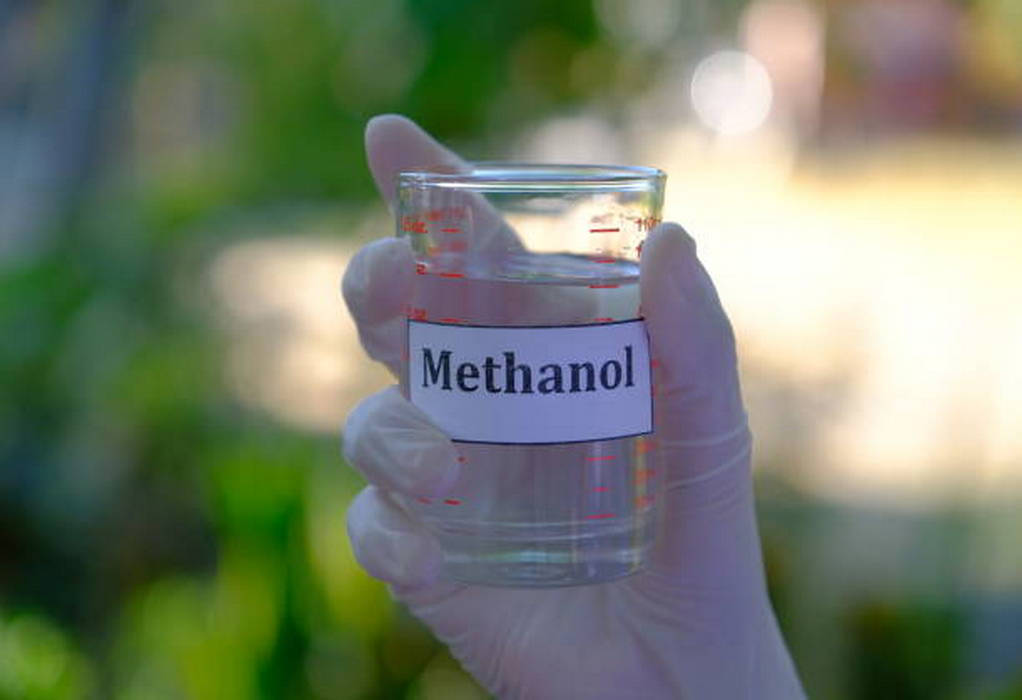A team led by Prof. Yuhan Sun and Gao Peng from Shanghai Advanced Research Institute (SARI), Chinese Academy of Sciences reported recent efforts by their group aimed at developing high-performance heterogeneous catalysts for the conversion of CO2 and H2 in producing bulk chemicals (methanol, lower olefins, aromatics) and specific-range hydrocarbons (gasoline and jet fuel) with potential industrial applications.
Among the bulk chemicals, methanol is one of the practically important intermediate chemical products, and the catalytic hydrogenation of CO2 to synthesize methanol has been extensively studied. In this study, the team have developed a Cu-based catalyst for CO2 hydrogenation to methanol, exhibiting high stability, product selectivity, and catalytic activity. In 2020, they further used this catalyst and cooperated with CNOOC Fudao Ltd., and China Chengda Engineering Co., Ltd. to conduct a 5000 ton/year industrialization demonstration of CO2 hydrogenation to methanol for approximately 2400 h with a total CO2 conversion higher than 95% as well as the methanol selectivity higher than 97%.
Meanwhile, the group also focused on hydrogenation CO2 to lower olefins, aromatics, gasoline-range and jet fuel-range hydrocarbons with potential industrial applications. They also demonstrate how to simultaneously achieve high target product selectivity and high catalyst stability, and elucidate catalysts structure-performance relationship, the nature of catalysts active sites, and mechanism of the reaction taking place over different catalyst systems for CO2 hydrogenation.
Finally, the challenges and future perspectives for CO2 hydrogenation were discussed and the author proposed that the scaling up of the preparation of catalytic materials as well as the development of high-efficiency reactors must be the focus of future studies in this field to achieve industrialization.
Tags: Chinese Academy of Sciences, CO2, H2, Methanol, SARI



Recent Posts
Port of Brisbane Unveils Vision 2060 to Drive Smarter, Cleaner, and More Connected Future
Wärtsilä to Deliver Hybrid Propulsion Systems for Vertom Group’s New Low-Emission Vessels
Latvian port receives electric Konecranes Gottwald Mobile Harbor Crane
Sustainable Ocean Economy Vital for Human Development, Says UNDP at UN Ocean Conference
Green Hydrogen Costs in India Could Drop by 40%, Says IEEFA-JMK Report
Cavotec Secures €1.55 Million Shore Power Contract for Port of Antwerp-Bruges
APM Terminals and SANY Marine sign landmark agreement to accelerate decarbonisation
The Port of Gothenburg takes big step towards shore power connection for container and car/RoRo vessels